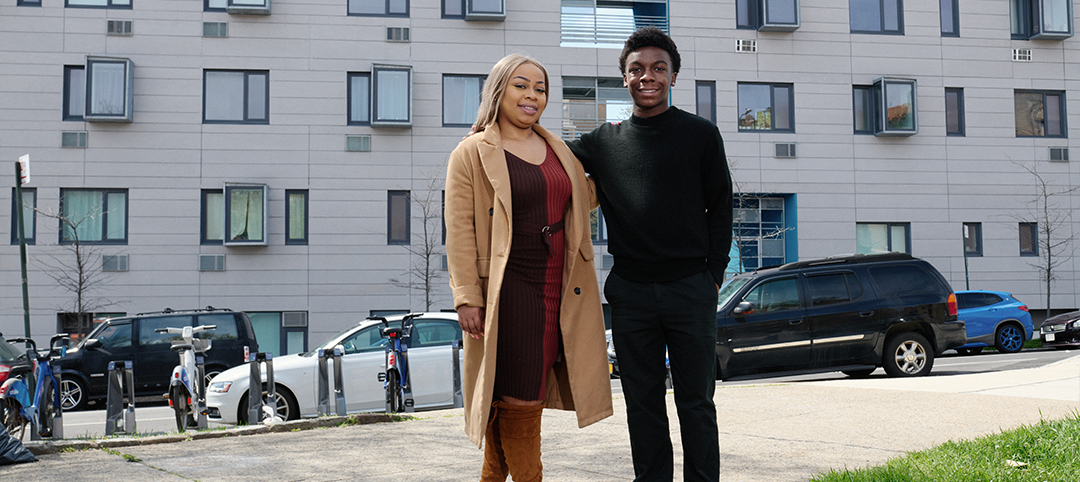By Katrell Lewis, Vice President of Government & Community Partnerships
April is a time for reflection and for action, as Fair Housing Month and the anniversary of Dr. Martin Luther King Jr.’s assassination. Two years before his assignation Dr. King advocated for the passage of the Fair Housing Act and in 1966 when the bill failed due to the filibuster he said – “When that bill died in Congress, a bit of democracy died, a bit of our commitment to justice died. If it happens again in this session of Congress, a greater degree of our commitment to democratic principles will die.”
On April 4, 1968, Dr. King was gunned down and Congress was shamed into passing the Fair Housing Act one week later. The right to fair, equitable, and humane housing was stalled for years and within days of his passing it was the law of the land. Dr. King was in life and in death a catalyst for housing justice.
Since then, we housing justice advocates have done a good job of keeping alive the idea of Fair Housing and Dr. King’s vision of the Beloved Community, “in which all people can share in the wealth of the earth.” But, we’ve done a poor job as a city, state, and country, of ending housing discrimination and closing consequent racial homeownership and wealth gaps: The Black homeownership rate has barely budged in six decades. Only 44 percent of Black households own their homes compared to nearly 74 percent of white ones.
The Black-white wealth gap tells a similar story. In 1968, a typical middle-class white household had roughly $71,000 in wealth and a typical Black household had roughly $7,000 in wealth, ten times less; in 2019 the gap was roughly $188,200 to $24,000, eight times less. Progress has been slow, a slog, yet we’re undeterred, as a movement with a keen sense of history attune to the arc of the moral universe.
Reflecting on these facts, I urge housing justice advocates to recognize that we can do more to close racial wealth and homeownership gaps in New York by advocating for a better balance between public support for affordable rentals and homeownership opportunities. Policymakers have prioritized rentals for decades to the near exclusion of affordable homeownership opportunities, resulting in stats like half of one percent of total units financed by New York City in the fiscal year 2021 were new homeownership opportunities.
Up until recently the per unit state incentive to build affordable rentals was three times the incentive to create affordable homeownership opportunities. That changed last year thanks to the leadership of Senator Jamaal Bailey and Assemblywoman Latrice Walker who also championed affordable homeownership in the most recent budget negotiations.
A better balance of policies will invest more federal, state, and local resources in affordable homeownership opportunities which enable families to build equity. Affordable homeownership is infrastructure for equity, an urgent response to more than a century of unjust, racist, housing laws and financing mechanisms, which prevented communities of color from entering the homeownership market and shaped the geography of the wealth, health, and education inequality we see today.
By investing in affordable homeownership, we strengthen our infrastructure for equity, which will benefit families and communities statewide for generations to come. It also takes us another step forward on that journey toward the Beloved Community and housing justice for which Dr. King gave his life.
